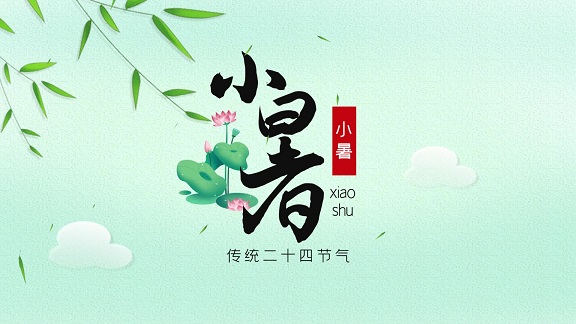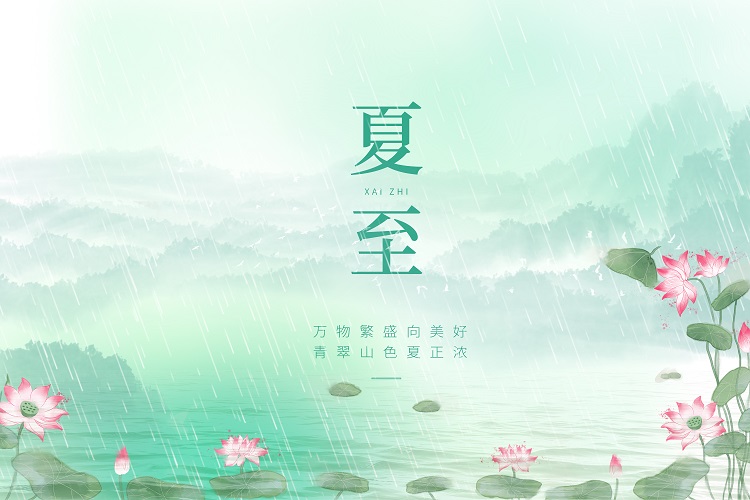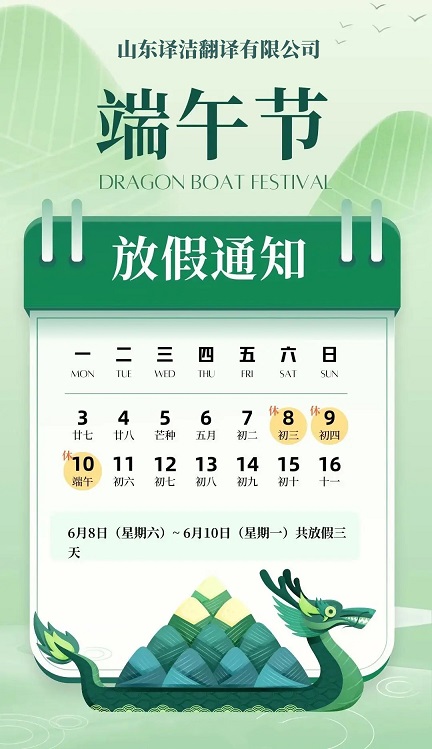翻譯新聞 News
把原作(zuò)藝術(shù)意境作(zuò)為(wèi)探求譯文藝術(shù)內(nèi)容和(hé)語言形式的出發點
來(lái)源:網絡 作(zuò)者:本站 發布時(shí)間(jiān):2024年01月15日 閱讀次數(shù): 次
在探求譯文藝術(shù)內(nèi)容和(hé)語言形式的時(shí)候,我們可(kě)以有兩種不同的出發點,從而也就有兩種不同的結果。
我們可(kě)以把原文的語言形式作(zuò)為(wèi)出發點,力求加以複制(zhì),更精确地說,就是力求“複制(zhì)原文形式的特點(如果語言條件允許的話(huà)),或創造在作(zuò)用上(shàng)與原文特點相符合的東西”(費道(dào)羅夫語)。這種方法是從形式走向形式的方法,可(kě)以稱做(zuò)複制(zhì)原作(zuò)的翻譯方法,又叫形式主義的方法。
我們也可(kě)以把原作(zuò)藝術(shù)意境作(zuò)為(wèi)出發點,力求抓住這一藝術(shù)意境作(zuò)為(wèi)自己的文學譯品的藝術(shù)內(nèi)容,同時(shí)力求在譯文語言中尋找可(kě)以表現這一意境的完美的語言形式,而不受原作(zuò)語言形式的束縛。這種方法是從內(nèi)容走向形式的方法,可(kě)以稱做(zuò)再現意境的翻譯方法,又叫再創造的方法。
第一派由于沒有抓住原作(zuò)藝術(shù)意境,也不了解同一藝術(shù)意境在不同的語言中要求不同的語言形式,因而居于被動地位,處處捉襟見肘,窮于應付,往往不能真實地再現原作(zuò)藝術(shù)意境。
第二派由于抓住了原作(zuò)藝術(shù)意境,因而居于主動地位,處處得(de)心應手,左右逢源,往往能真實地再現原作(zuò)藝術(shù)意境。
現在舉出一些(xiē)例子,進行(xíng)一番比較。
白居易《問劉十九》:“綠蟻新酪酒,紅泥小(xiǎo)火(huǒ)爐。晚來(lái)天欲雪,能飲一杯無?”
〔複制(zhì)派譯文〕
I have "green ant" newly fermented wine.
My little stove of red earth is ready
(for heating the wine);
Evening comes and the heaven threatens snow.
Can you not come and drink a cup or so with me?
(Jenyns)
〔再現派譯文〕
There's a gleam of green in an old bottle,
There's a stir of red in the quiet stove,
There's a feeling of snow in the dusk outside -
What about a cup of wine inside?
(Bynner)
Bynner的譯詩和(hé)原詩相比,在詞語細節上(shàng)有所不同。原詩中的“紅泥”變成“火(huǒ)光熊熊”,但(dàn)同樣給人(rén)以溫暖閑适的感覺。
李端《拜新月》:“開(kāi)簾新見月,即便下階拜。細語人(rén)不聞,北風吹裙帶。”
〔複制(zhì)派譯文〕
Raising my curtain I see the new moon;
I go down the front steps to kneel in worship.
If I speak in a low voice no one will hear me.
Ah! The chilly north wind is blowing.
(Christy)
〔再現派譯文〕
The blinds I raised; with joy the New Moon saw.
The steps descended eager to adore.
My whispered prayer might not be heard of men.
The North wind's fingers at my girdle tore.
(Fletcher)
原詩無fingers一詞。譯詩加上(shàng)fingers後,似乎能更生(shēng)動地描繪出深閨少(shǎo)女替未婚夫婿祈禱的羞澀心情。
《我叫阿拉木》中有這樣一段文字:
Any time a circus used to come to town, that was all me and my old pal Joey Renna needed to make us hog-wild, as the saying is. All we needed was to see the signs on the fences and in the empty store windows to start going to the dogs and neglecting our educations. All we needed to know was that a circus was on its way town for me and Joey to start, wanting to know what good a little education ever did anybody anyway.
After the circus reached the town we were just no at all. we spent all our time down at the trains, watching them unload the animals, walking out Ventura Avenue with the wagons with lions and tigers in them and hanging around the grounds, trying to win the favour of the animalmen, the workers, the acrobats, and the clowns.
The circus was everything everything else we know wasn't. It was adventure, travel, danger, skill, grace, romance, comedy, peanuts, popcorn, chewing-gum and soda-water. We used to carry water to the elephants and stand around afterwards and try to seem associated with the whole magnificent affair, the putting up of the big tent, the getting everything in order, and the world-wise waiting for the people to come and spend their money.
(William Saroyan: My Name is Aram)
呂叔湘同志(zhì)的譯文是這樣的:
“每回馬戲班一到我們城裏,我和(hé)我的老朋友約爾·雷納就成了沒籠頭的馬。隻要一見圍牆上(shàng)跟商店(diàn)玻璃窗上(shàng)的招貼兒,我們就壞了事了,功課什麽的全都不管了。隻要一得(de)風聲,馬戲班快到了,我跟約爾就開(kāi)始追問,功課這樣東西究竟于人(rén)有什麽好處。
“馬戲班到了以後,我們簡直就糟了。我們整天的工夫就算(suàn)是送給它了。到火(huǒ)車(chē)站看他們搬動物下車(chē),眼着那(nà)裝獅子的大(dà)車(chē)跟裝老虎的大(dà)車(chē)一路走,走完芬吐拉路到了演戲場(chǎng),這就釘住了不走了,跟那(nà)些(xiē)管獅子老虎的,管雜事的,走索兒翻筋鬥的,扮小(xiǎo)醜的,搭油着話(huà),套交情。
“馬戲班代表着我們平常看見的一切東西所無的一切,它是冒險,旅行(xíng),危險,技(jì)巧,美麗(lì),浪漫,喜劇(jù),花(huā)生(shēng)米,爆玉米花(huā),橡皮糖,蘇打水(shuǐ),兼而有之。我們提一桶水(shuǐ)去送到大(dà)象旁邊,在左右盤桓,看他們搭起大(dà)帳蓬,擺起各項用具,然後深通(tōng)世故似的靜侯大(dà)家(jiā)來(lái)花(huā)錢(qián)。我們不但(dàn)是看,還(hái)裝作(zuò)仿佛也是裏頭的人(rén)似的。”(注)
如果譯者沒有抓住原作(zuò)藝術(shù)意境,沒有清晰地想象出這一生(shēng)活畫(huà)面的話(huà),譯文決不會(huì)這樣生(shēng)動。這是再現派的譯文,比複制(zhì)派譯文高(gāo)明(míng)多(duō)了。我們不妨指出幾個(gè)地方,把兩種翻譯方法加以對比。
1、[複制(zhì)派] 動物管理(lǐ)員,工人(rén),奇技(jì)演員,小(xiǎo)醜(成人(rén)眼中的世界)
[再現派] 管獅子老虎的。管雜事的,走索翻筋頭的,扮小(xiǎo)醜的(孩子眼中的世界)
2、[複制(zhì)派〕努力争取……的好感(成人(rén)眼中世界)
[再現派] 跟……搭讪着說話(huà),套交情(孩子眼中的世界)
3、[複制(zhì)派)裝作(zuò)和(hé)這整個(gè)了不起的事情有聯系(成人(rén)眼中的世界)
[再現派] 我們不但(dàn)是看,還(hái)裝作(zuò)仿佛也是裏頭的人(rén)似的(孩子眼中的世界)
總之,抓住原作(zuò)藝術(shù)意境,并且真實地加以再現——這就是翻譯藝術(shù)真谛之所在。
威海翻譯公司



















